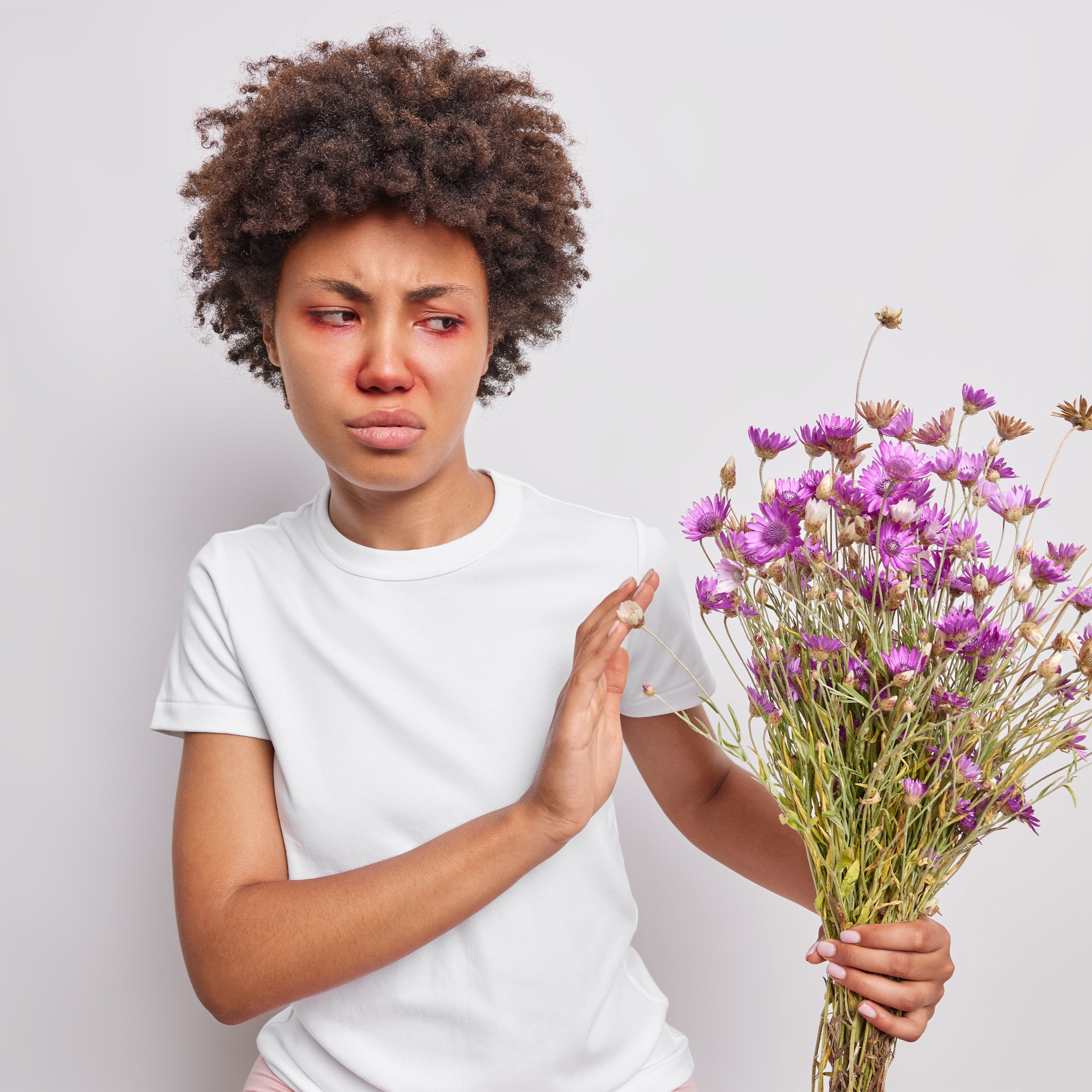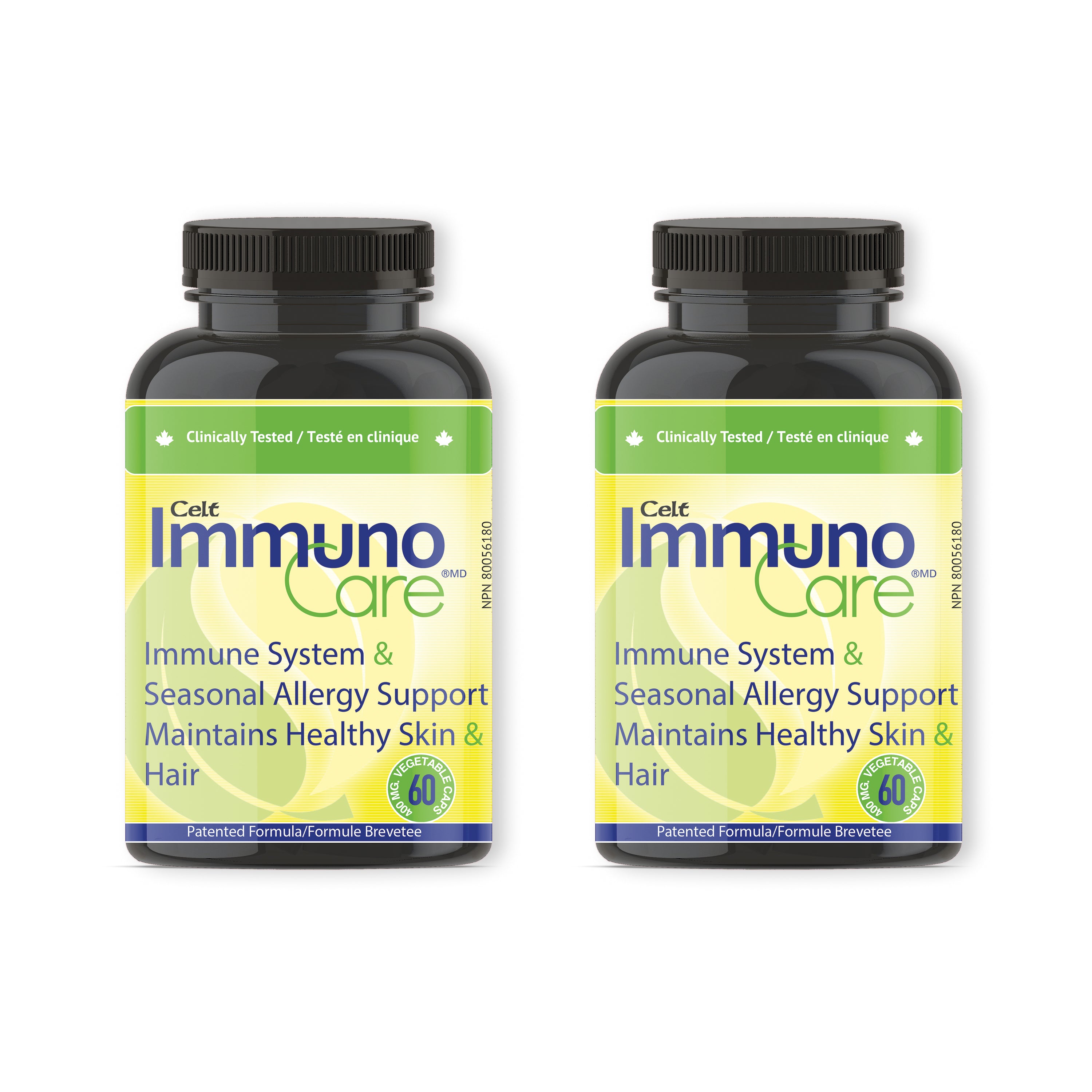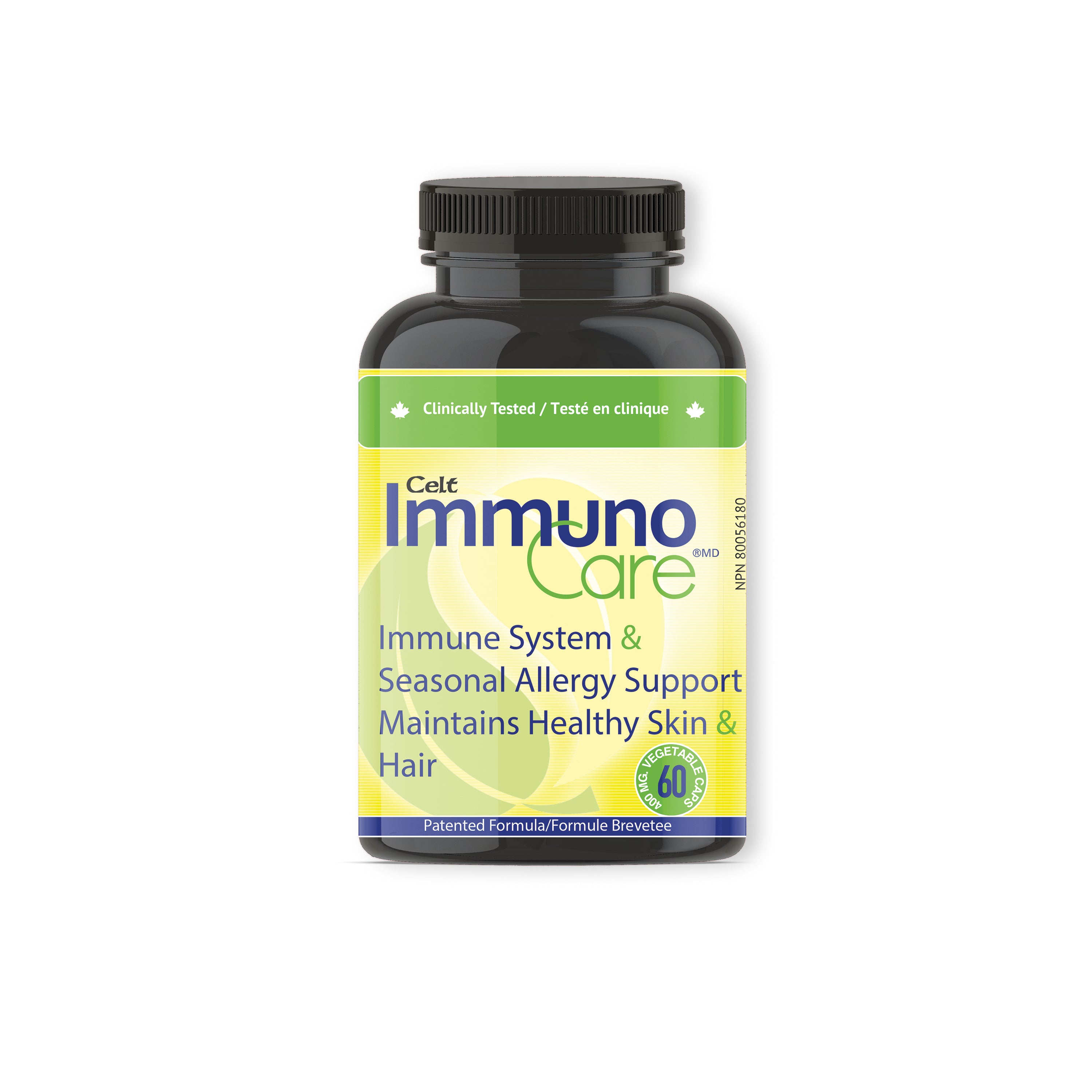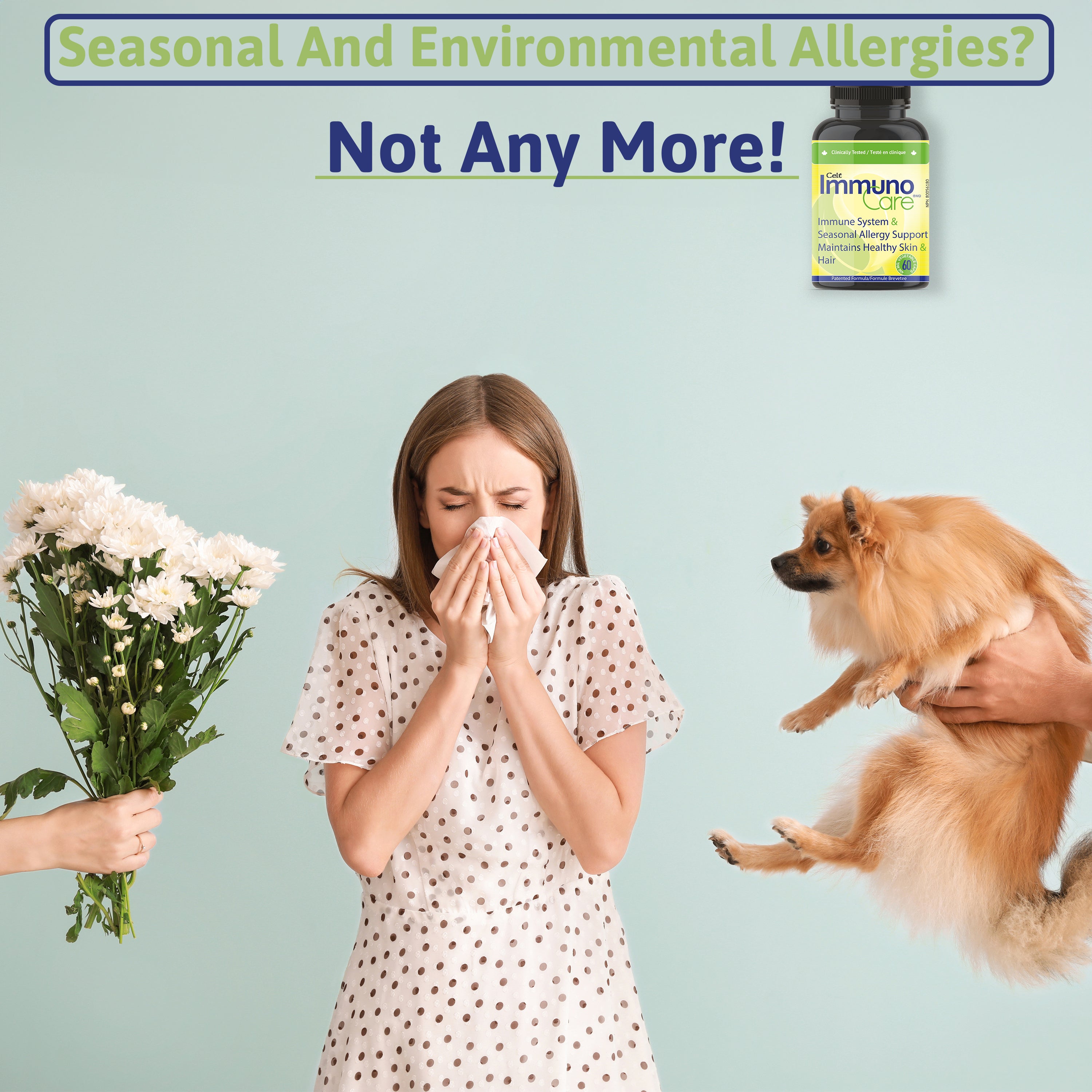Thought you left the seasonal sniffles with your sandals and sundresses? Think again. Spring isn’t the only season that can make you suffer—autumn can also be a red-eyed, runny-nosed minefield. While many associate springtime pollen, flowers, and buzzing insects with allergy problems, the fall season can be just as problematic. Seasonal allergies are a year-round phenomenon, with fall being especially taxing.
Fall allergy triggers are different, but they can cause just as many nasty symptoms. As the weather cools and the leaves begin to change, allergy symptoms can still affect those who are sensitive to their environment. But, what causes fall allergies in the first place? Once you learn to spot the symptoms and identify your triggers, you should have no issues managing your fall allergies. Here’s everything you need to know in order not to sniffle your way through this beautiful season!
What are fall seasonal allergies?
Itchy eyes and nose, sneezing fits, and the sniffles? How could it be allergy season, again!? While most people associate seasonal allergies with springtime, the other peak season is right around the corner. Symptoms that crop up in the spring tend to get a lot more attention than those in the fall. But, fall allergies can cause just as much misery as their other seasonal counterparts.
Seasonal allergies, sometimes called the “seasonal allergic rhinitis”, are allergy symptoms that happen during certain times of the year, usually when outdoor molds release their spores, and trees, grasses, and weeds release tiny pollen particles into the air to fertilize other plants. Fall allergies are, thus, an allergic reaction to the pollen of plants that peak during the fall season.
Why do my allergies get worse in the fall?
Different plants emit their respective pollen at different times of the year. Depending on your allergy triggers and where you live, you may experience it during more than one season. If you are more sensitive to pollen that flares during fall, your allergy symptoms will probably get worse during this season.
Cool autumn air harbors irritants that can be just as unpleasant as pollen. Sadly, fall is also virus season, with increased chances of catching a cold or the flu. Since all of these are happening at the same time, it is often hard to tell what is due to seasonal allergies and what is due to infection. Sometimes, it might even be both. In many cases, fall allergy symptoms can be worse than their spring counterpart, since weed pollen is large and very buoyant, which means it can travel farther. So, in some sense fall pollen can be worse than spring pollen!
When do fall allergies start?
Ragweed, the most common culprit for fall allergies, releases its pollen throughout August into November, with peak pollen levels in the first half of September. Depending on where you live, ragweed-fueled fall allergies can start in August or September.
How long do fall allergies typically last?
Fall allergies typically flare during the weed pollen season. Ragweed blooms and releases pollen from August to November, meaning the pollen will usually last until the first frost.
What causes allergies in the fall?
Common triggers of seasonal allergies vary from one season to another. While tree pollen dominates during the spring and grass pollen during the summer, fall has a few allergy culprits of its own that can be particularly problematic. Keep reading to find out some of the most common fall allergies causes that typically make you sniffle and sneeze.










